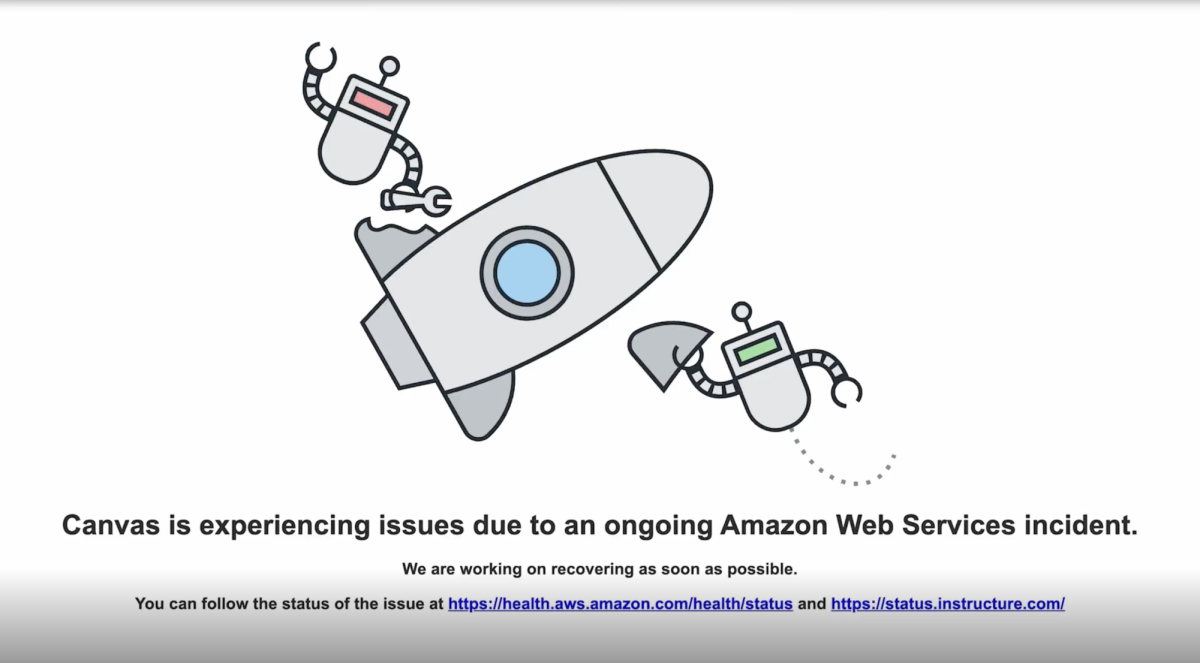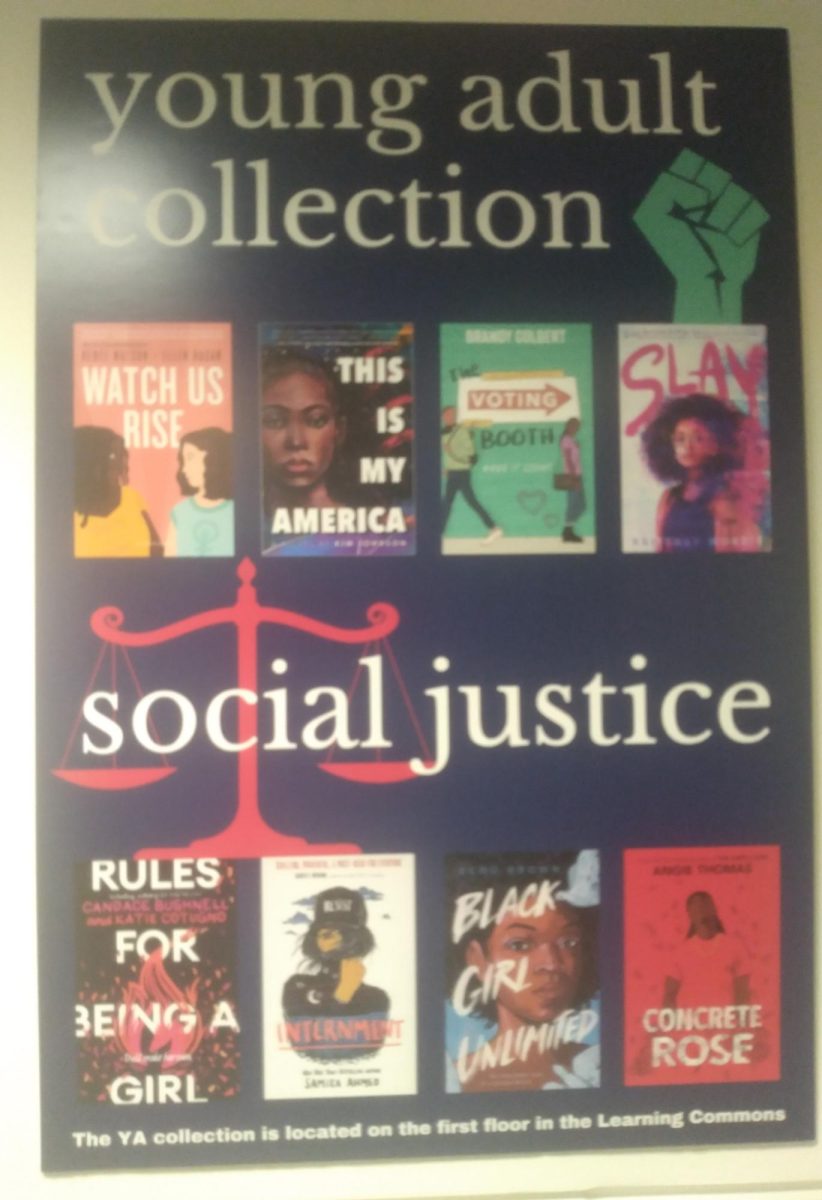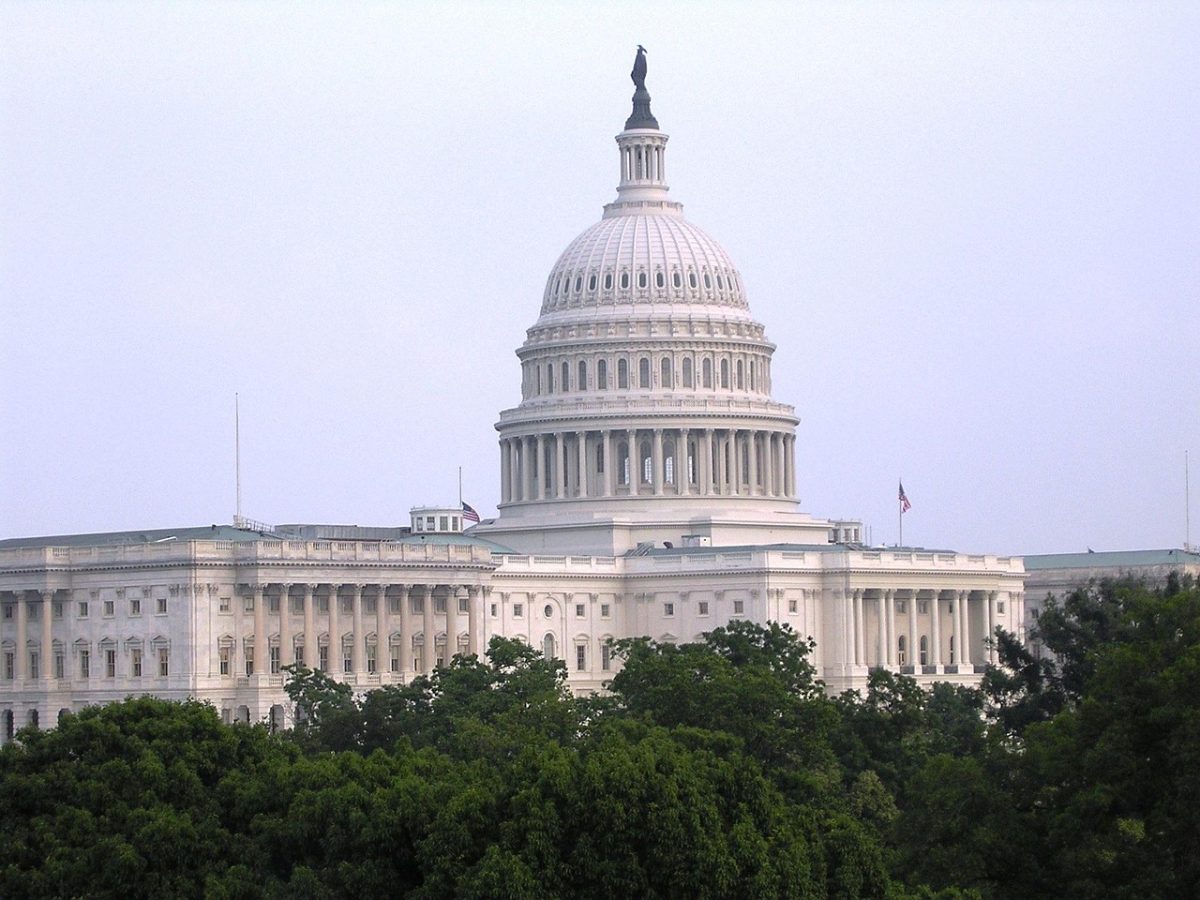As lovers prepare for festivities with pink and red gifts and heart-shaped chocolates, others are sulking in their single lives. Each year on Feb. 14, people around the world exchange cards, candy, gifts, flowers and have special plans with their significant others.
Some may not even notice or even care that Valentine’s Day is this weekend. Sales of cards, flowers and gifts lovers shower each other with are declining, and so are the people who celebrate Valentine’s Day.
Fewer Americans are celebrating Valentine’s Day.
According to a survey by the National Retail Federation, only 54 percent of adults planned to celebrate the occasion in 2014. This is significantly lower than the average of 60 percent over the past seven years. However, the economy is not wholly to blame for the slowed merriment of the day of love.
In fact, despite the economic crisis in 2009, 63 percent of Americans were enthusiastic about celebrating the holiday. Some other reasons have been conjured for the lacking of participants on Feb. 14.
“I got hurt a long time ago, and I don’t believe in love,” said junior commercial studies major Charles Rogers. “They market it just to make money, but if you love someone, you should love them each and every day and not just on Valentine’s Day.”
While some people who choose not to celebrate Valentine’s Day due to religious, personal or professional reasons, some take the time to at least acknowledge the day.
“I get me a nice tub of ice cream, Blue Bell, preferably, and I cut on Netflix, and I meditate on how good life is being single,” Rogers said.
Seeing the couples that surround him on and around Valentine’s Day, Rogers holds hope for a future where his time may come to have a special someone.
The economy takes part of the responsibility, although not all. Consumer spending the past few years has been poor; therefore, people are not shopping as much.
Valentine’s Day is one of retail’s biggest days of the year, but lately, Americans are holding onto their wallets and searching for sales.
According to Pam Goodfellow, consumer insights director at Prosper Insights & Analytics, this behavior is a hangover from the holiday season when retailers offered shoppers aggressive discounts.
On average, shoppers who celebrate the special day in February will spend about $134, careful not to splurge. Another reason for the drop in the number of celebrators is a rise of single people in 2014, 2015 and this year. American relationships have evolved over the last decade to fast dating and relationships that have been overtaken by social media. The marriage rate has declined as millennials postpone long-term commitment to focus on school or work.
Valentine’s Day is no priority for freshman music major Kyle Williams.
“The only time I wouldn’t celebrate Valentine’s Day is if I did not have a girl that knew how I felt about her,” Williams said. “Valentine’s Day is exclusive to couples and different for friends. A different type of love is promoted for Valentine’s Day that’s not acceptable for families.”
Williams said that when he is single on Valentine’s Day, he finds another single person and they express how single they are to each other.
Senior English major Brad Ramsey has rarely had a chance to celebrate Valentine’s Day with his significant other until this year.
“I was in the military, so I was deployed every Valentine’s Day,” Ramsey said. Ramsey is engaged to a woman whom he will marry this month.
“Men tend to lose sight of continually showing appreciation for their significant others so having an actual day just for showing affection helps, but it is hyped up because of business industry,” Ramsey said.
Although fewer people now celebrate Valentine’s Day, a many Americans continue to show their affection on the exclusive day of love. The majority of those who plan to celebrate fall into the 25- 34 age group, according to the NRF survey. The second-highest is the 18-24 age group.
There is a practical reason for people to choose not to spend on Valentine’s Day, regardless of whether they are single or taken: People do not care about Valentine’s Day. The most common argument given by those who do not celebrate Valentine’s Day is “every day should be about celebrating your love for your significant other.” That is not, of course, what the retail industry would say.
“[Commercials,] advertisements and the people who have internalized their messages make it sound like if you don’t shower your lover with gifts on Feb. 14, then you’re not expressing your love on this, the most important of all dates for couples, aside from an anniversary, which we don’t really celebrate either,” said Brian Gresko, Babble.com editor and blogger. “Because, hey, isn’t that how we show our affections?
Gresko said he wishes Valentine’s Day was not celebrated on Feb. 14
“I wish we let our kids and ourselves experience a direct, outpouring of love and affection every day,” he said. “One that is less attached to stuff and more about looks, words and actions.”






















